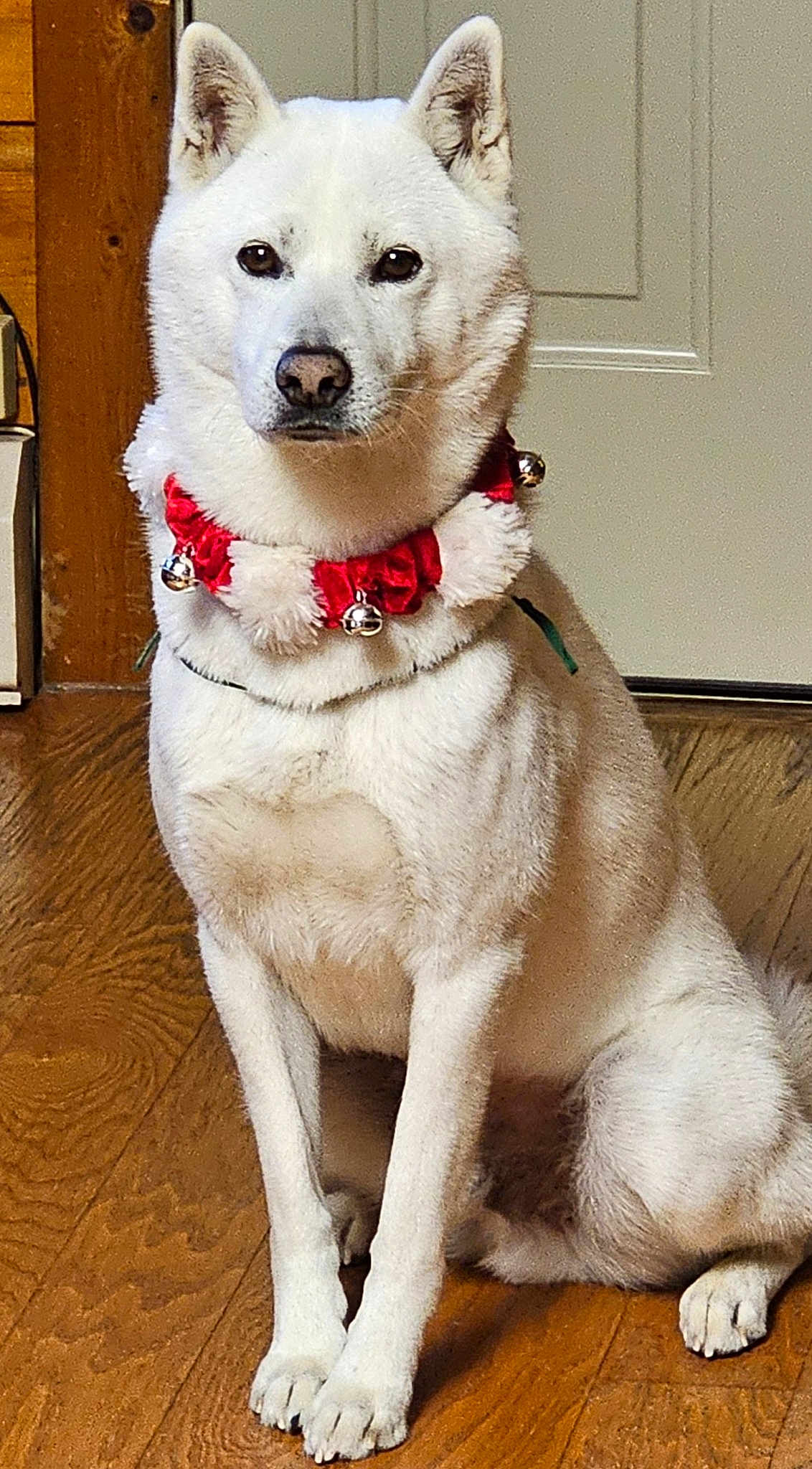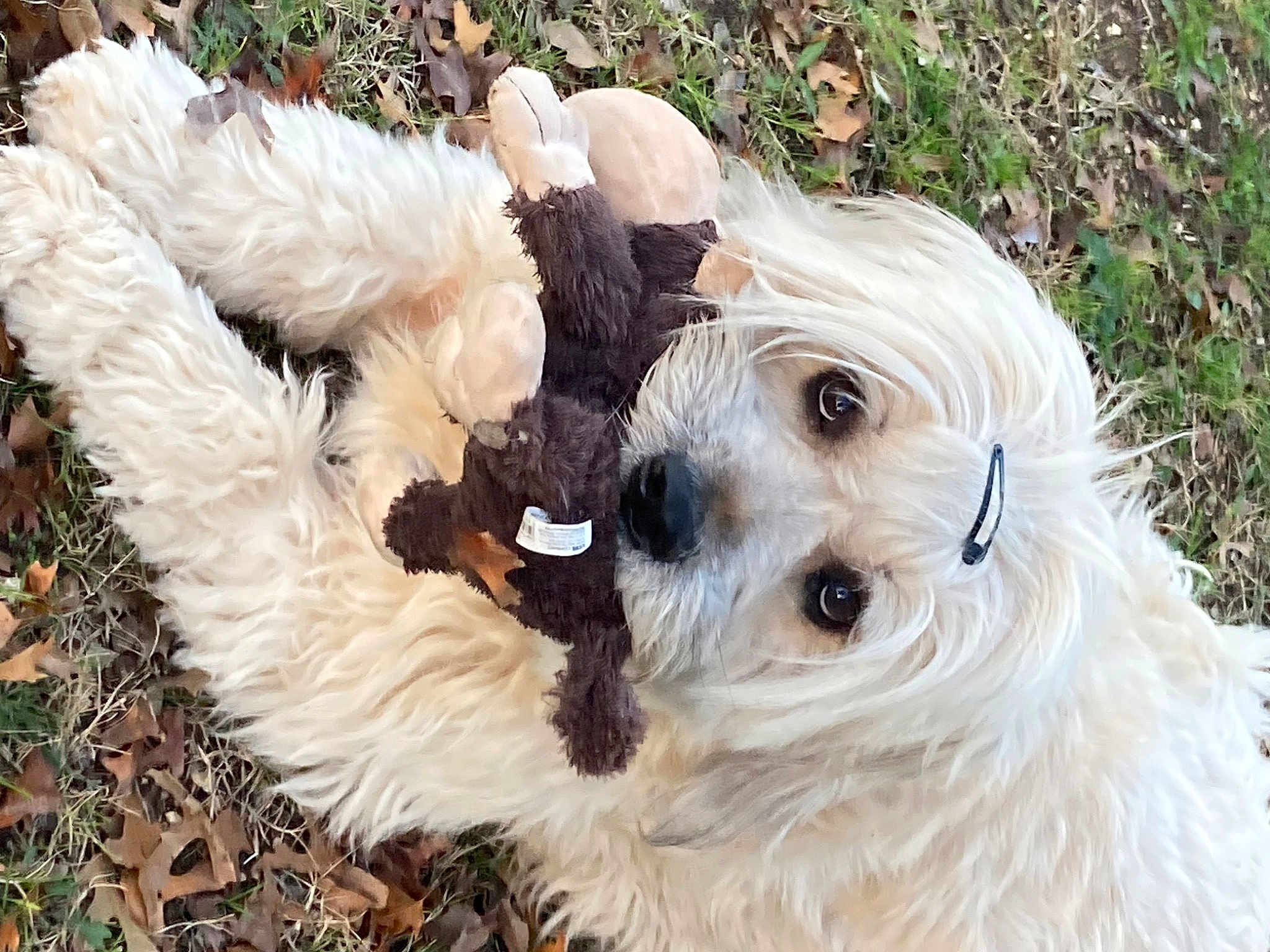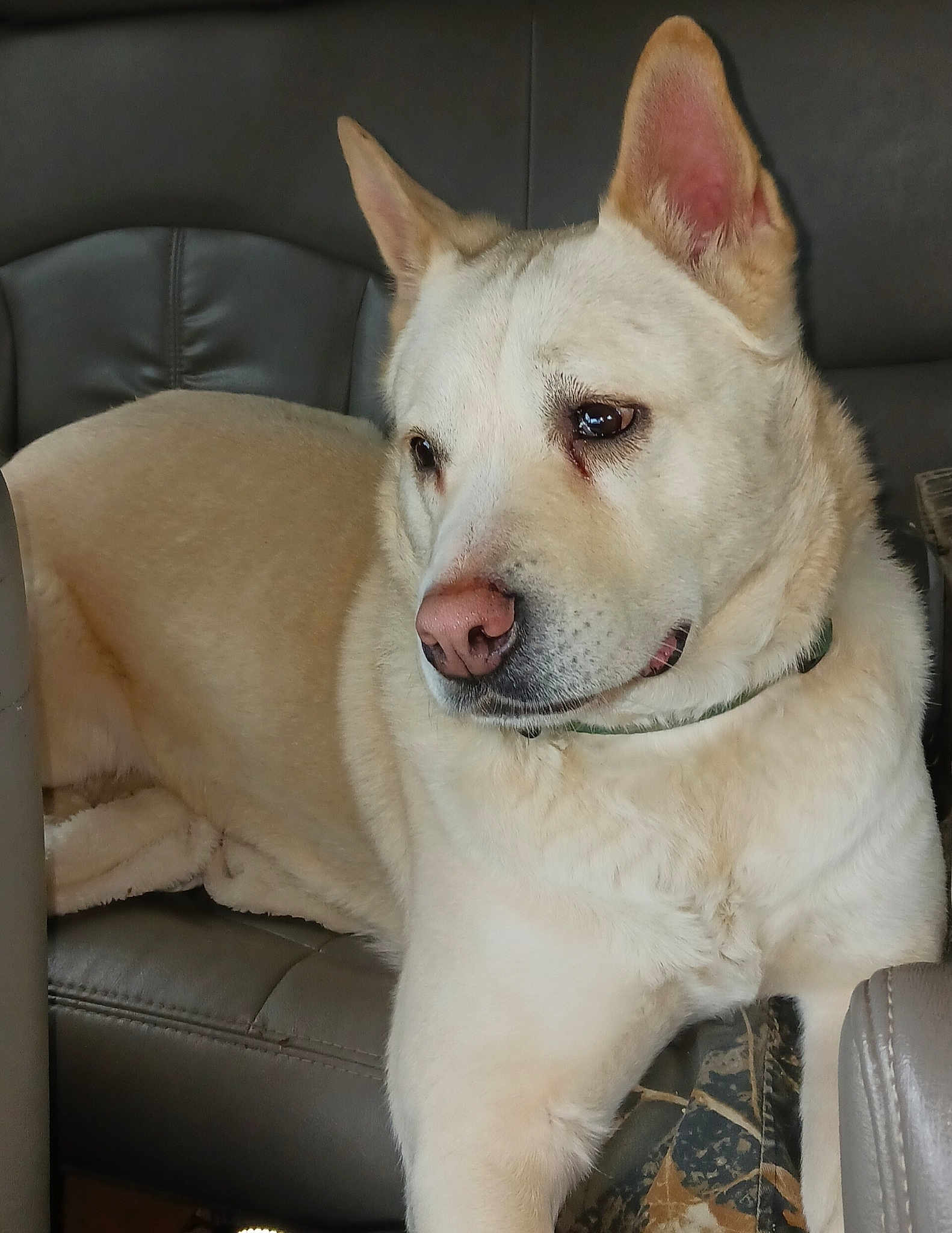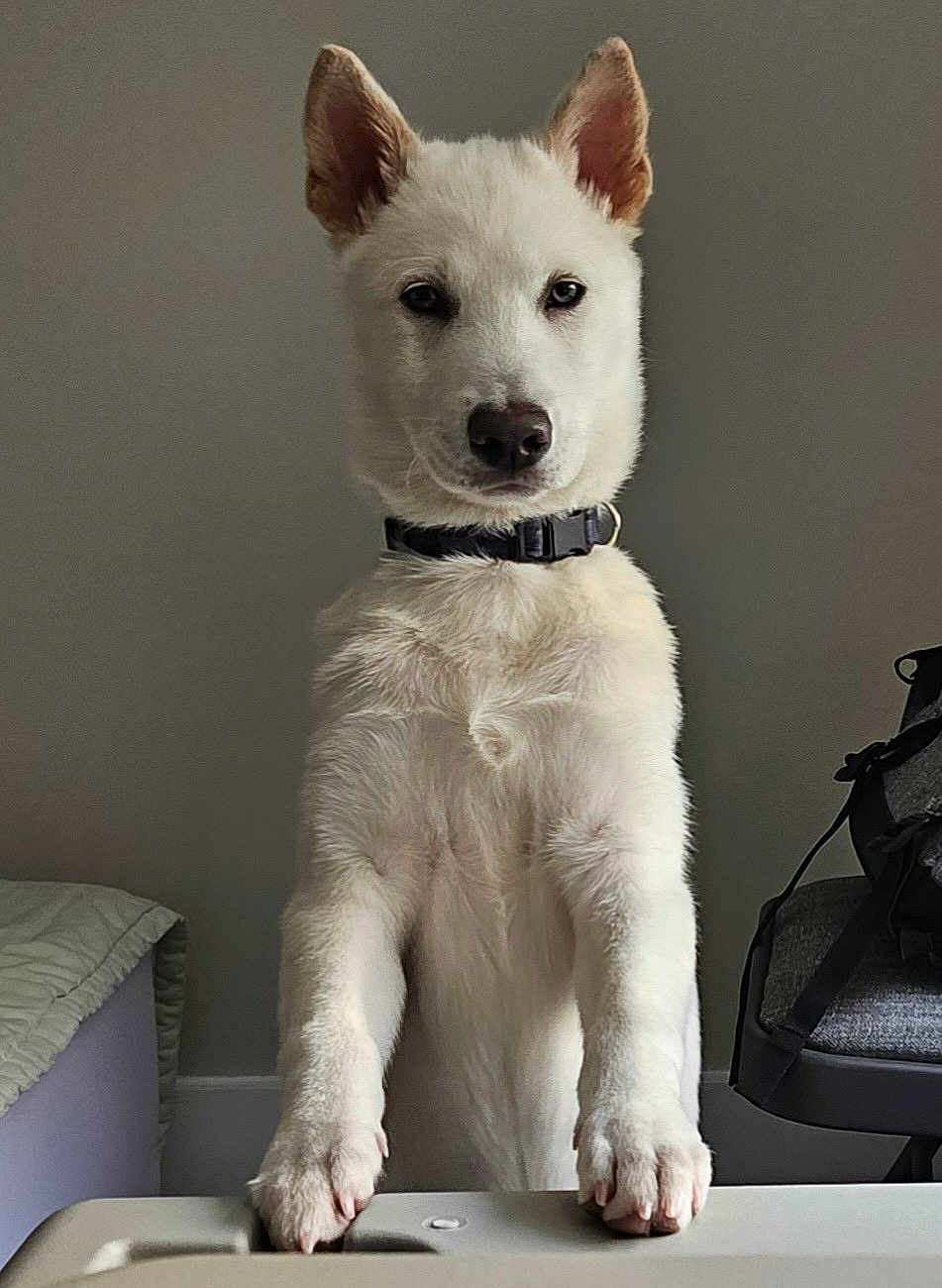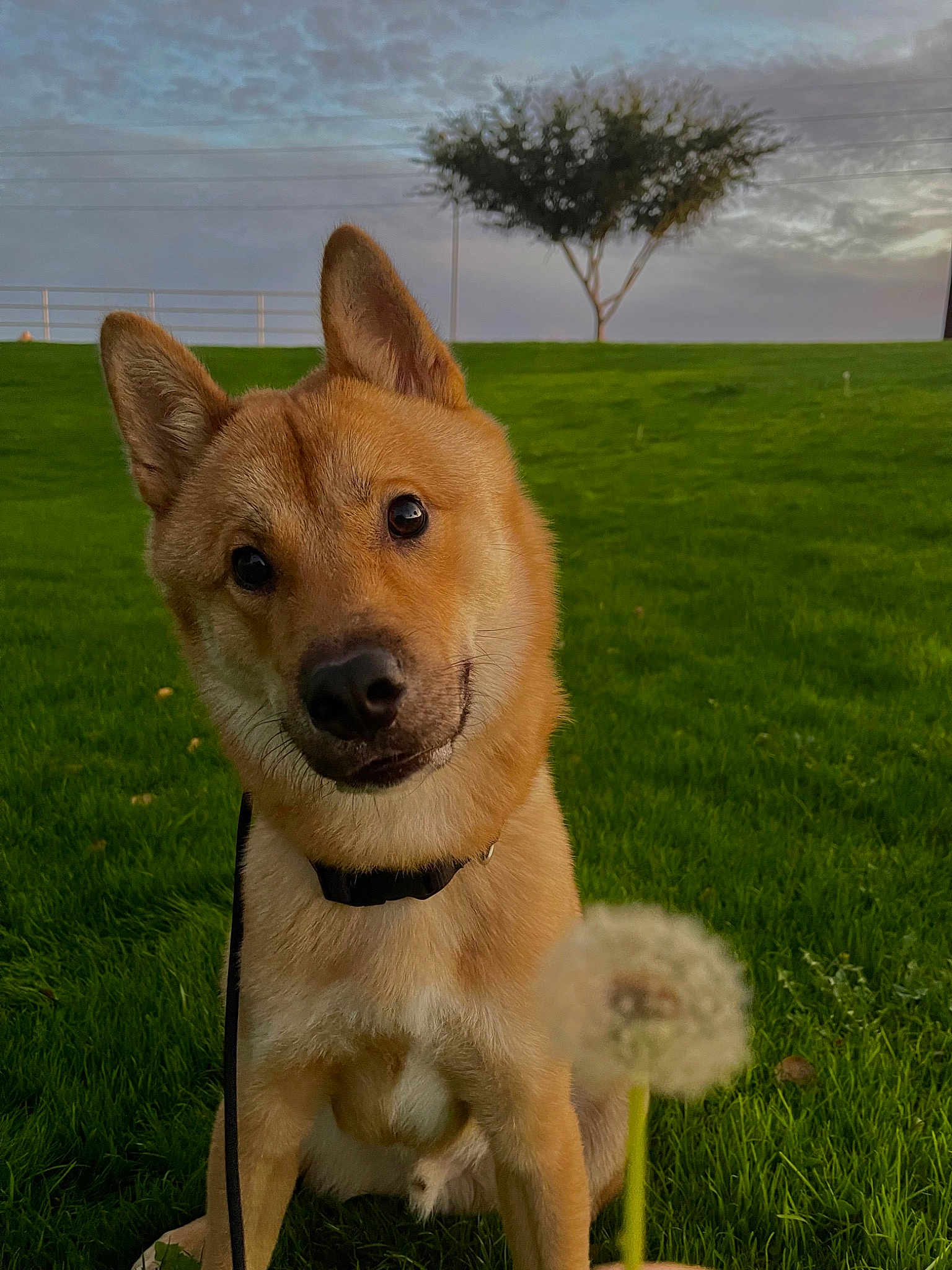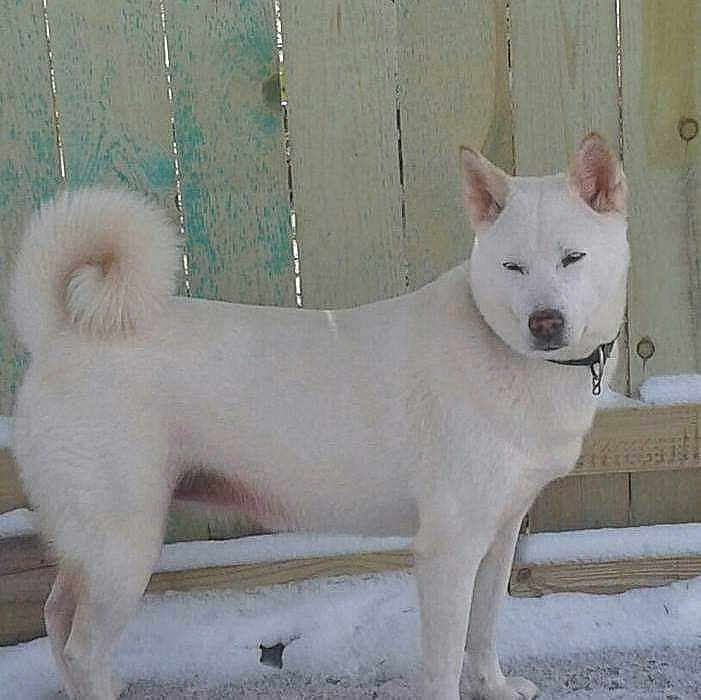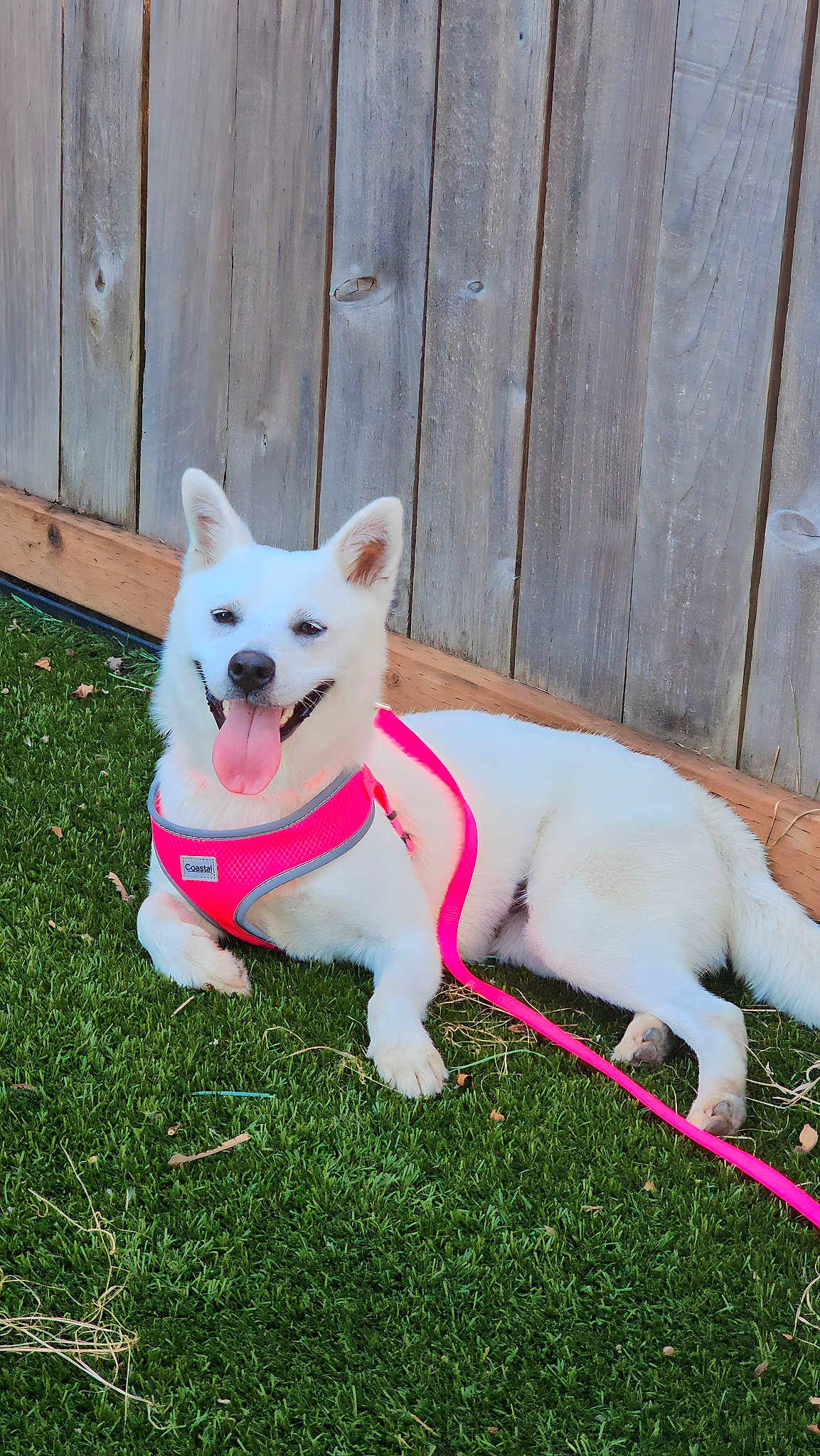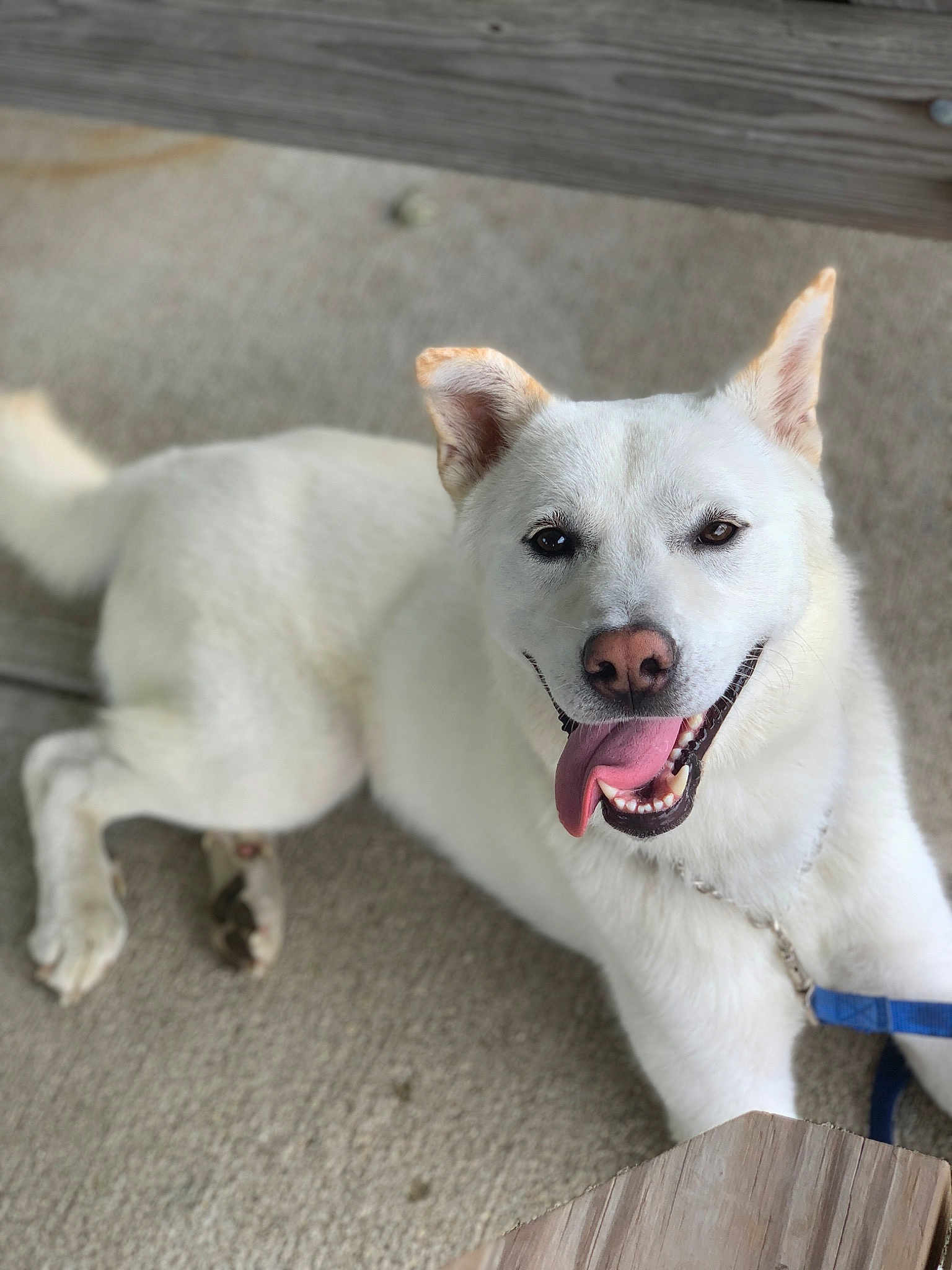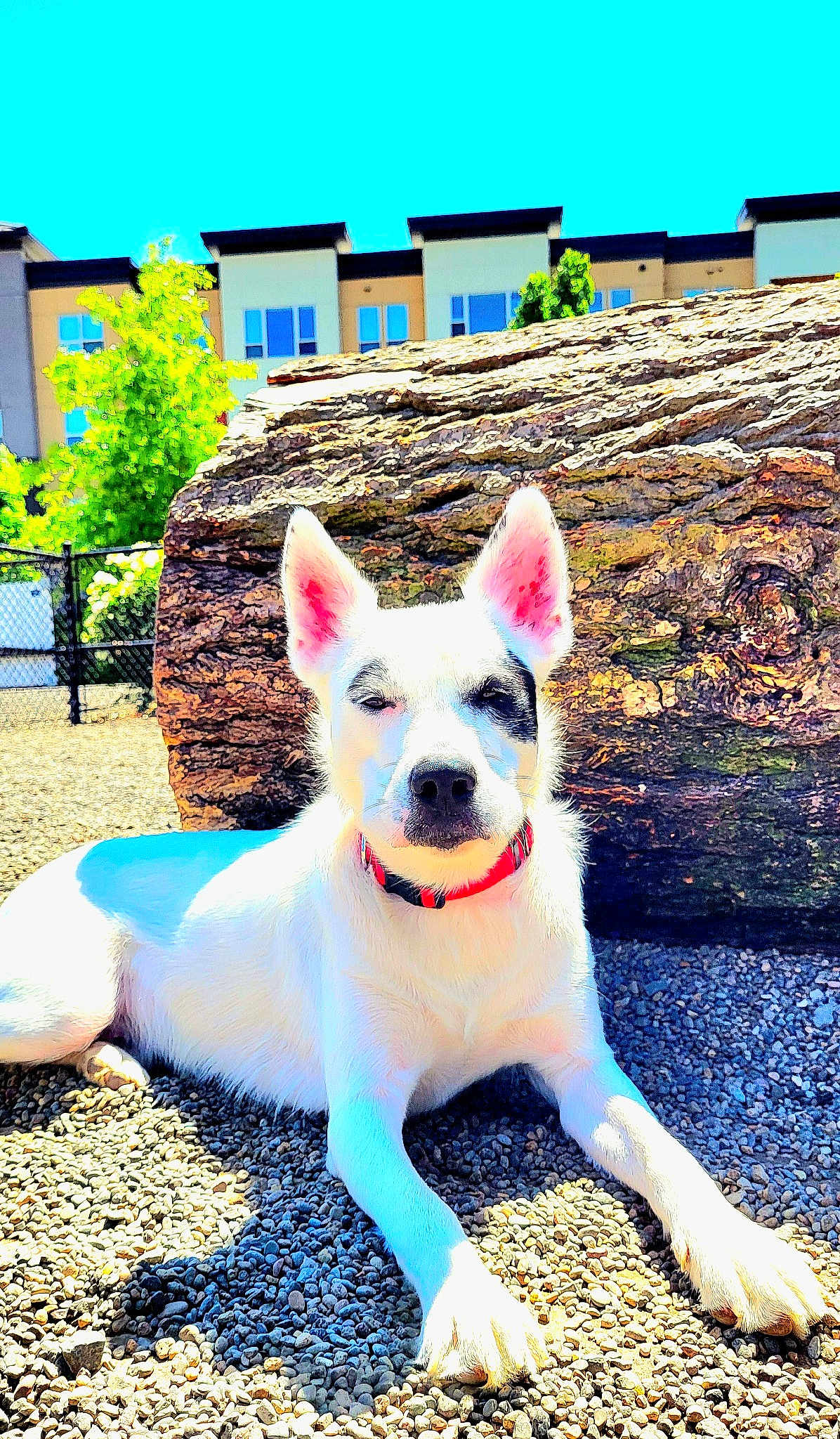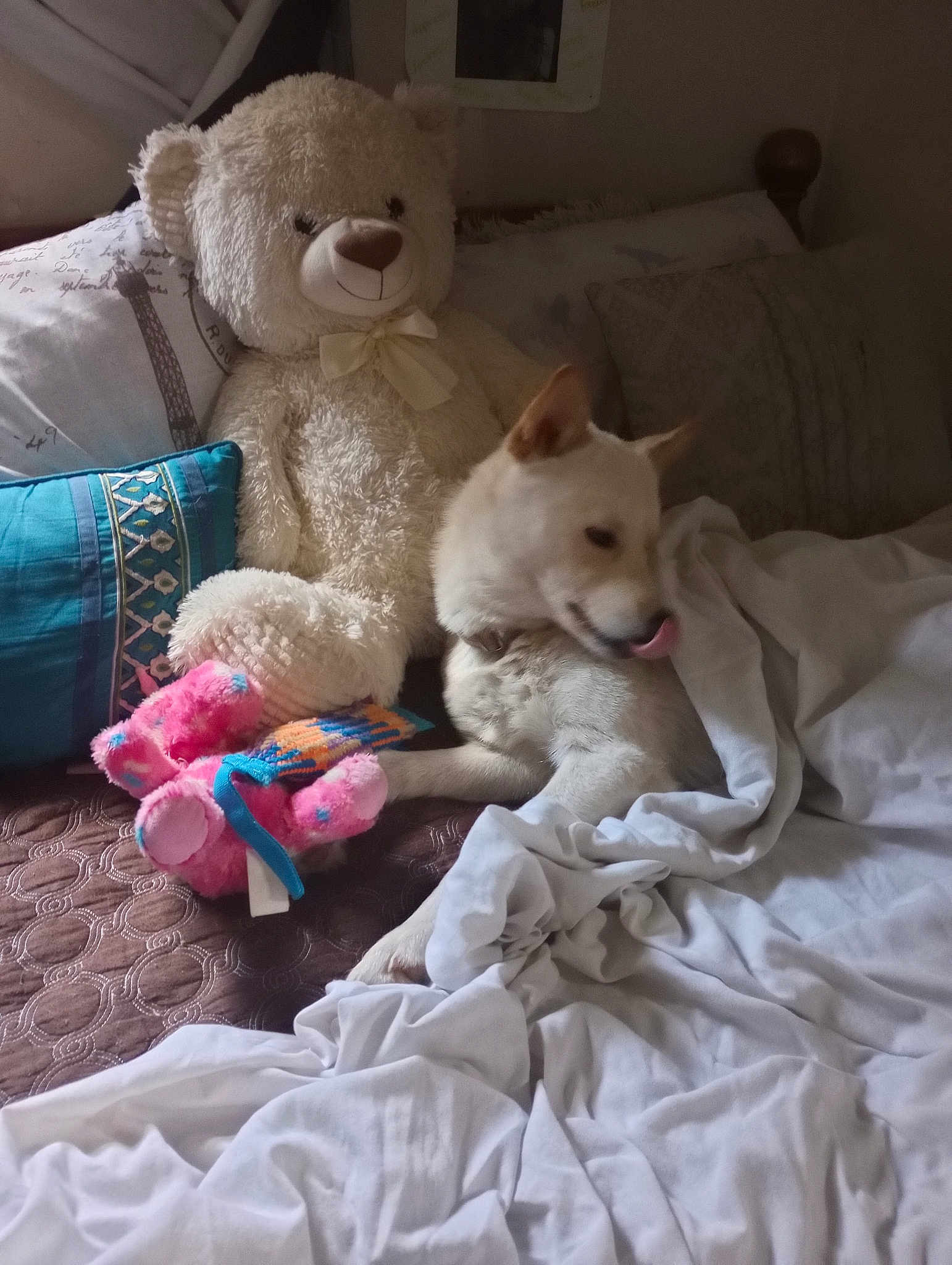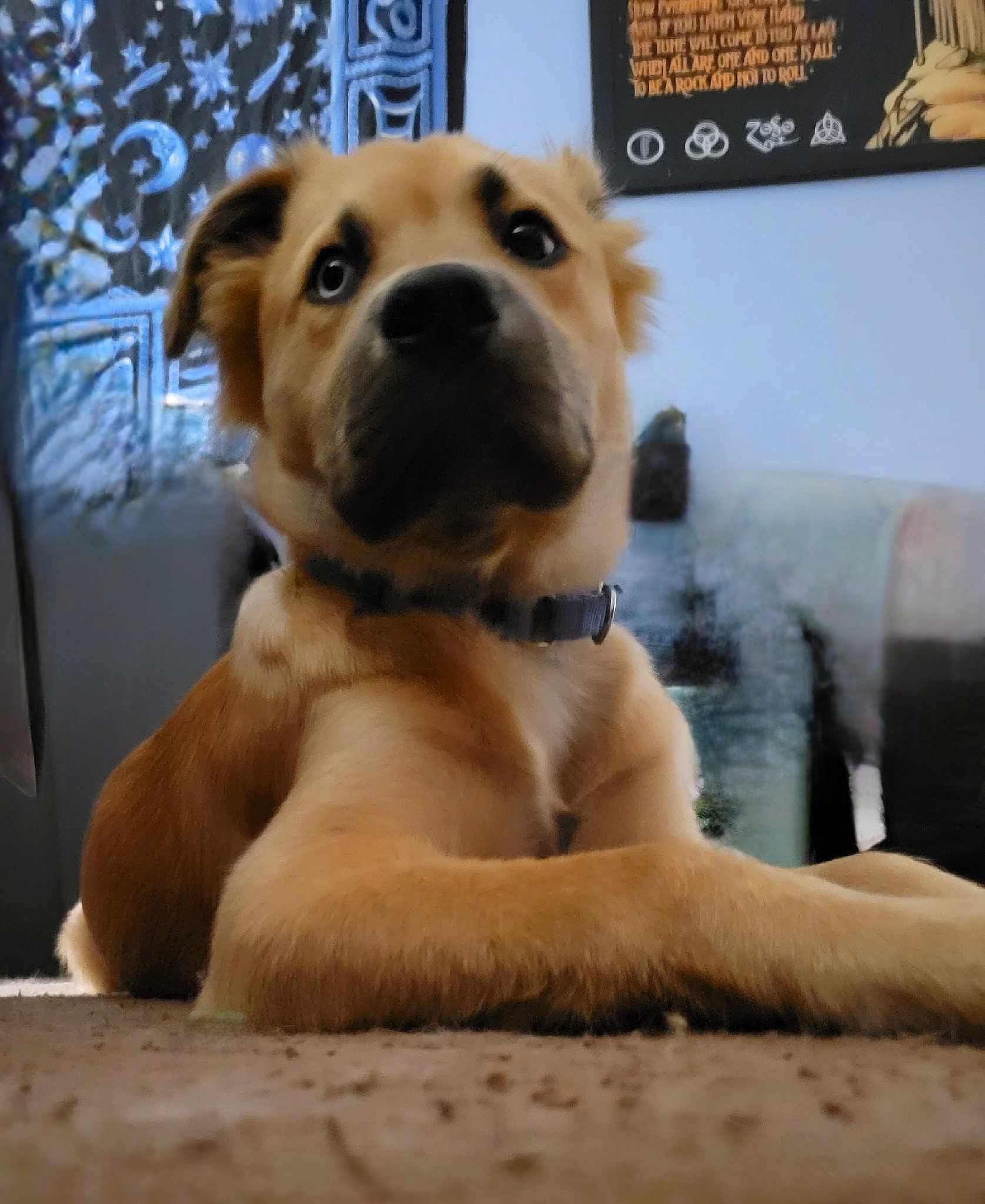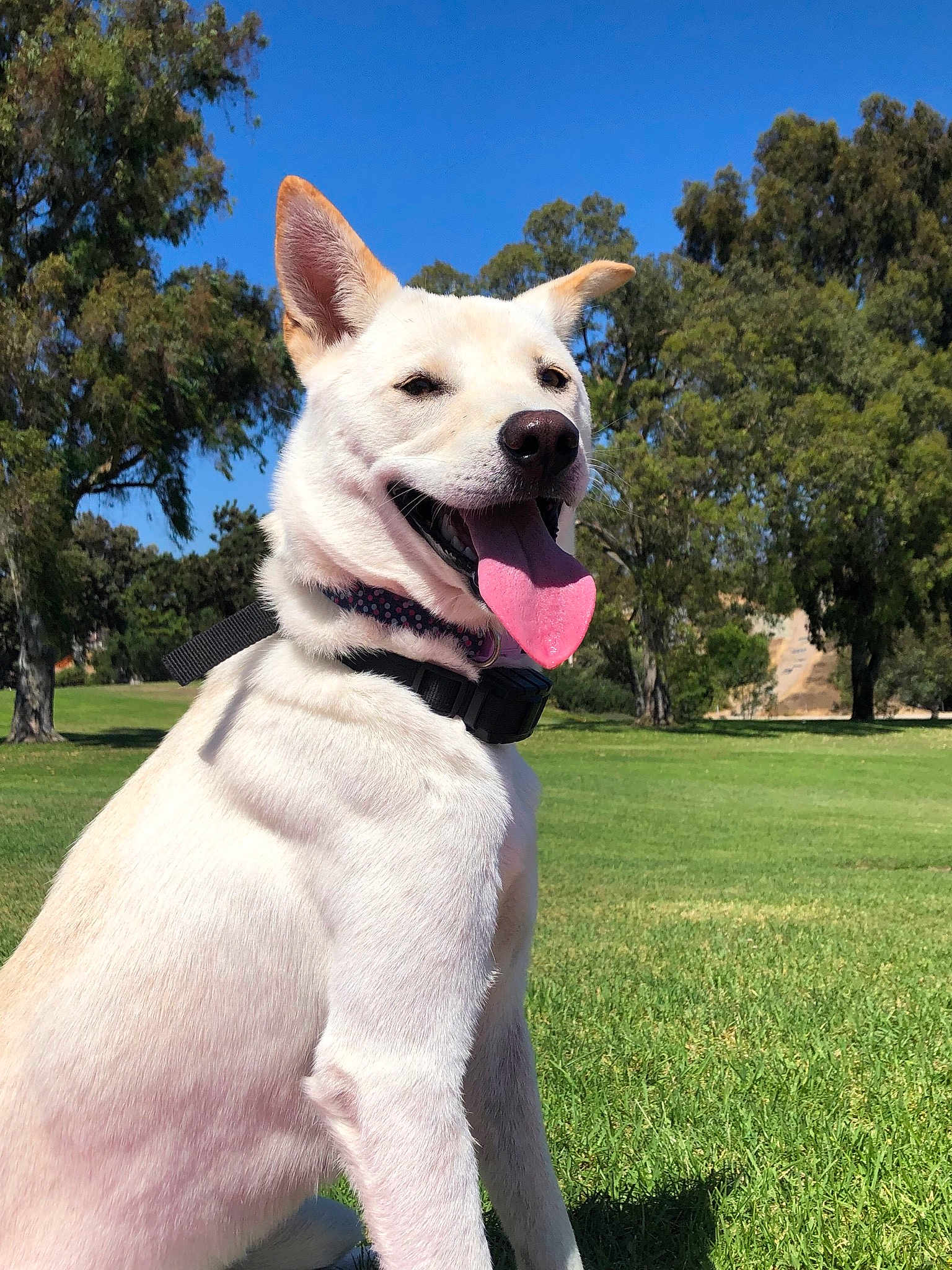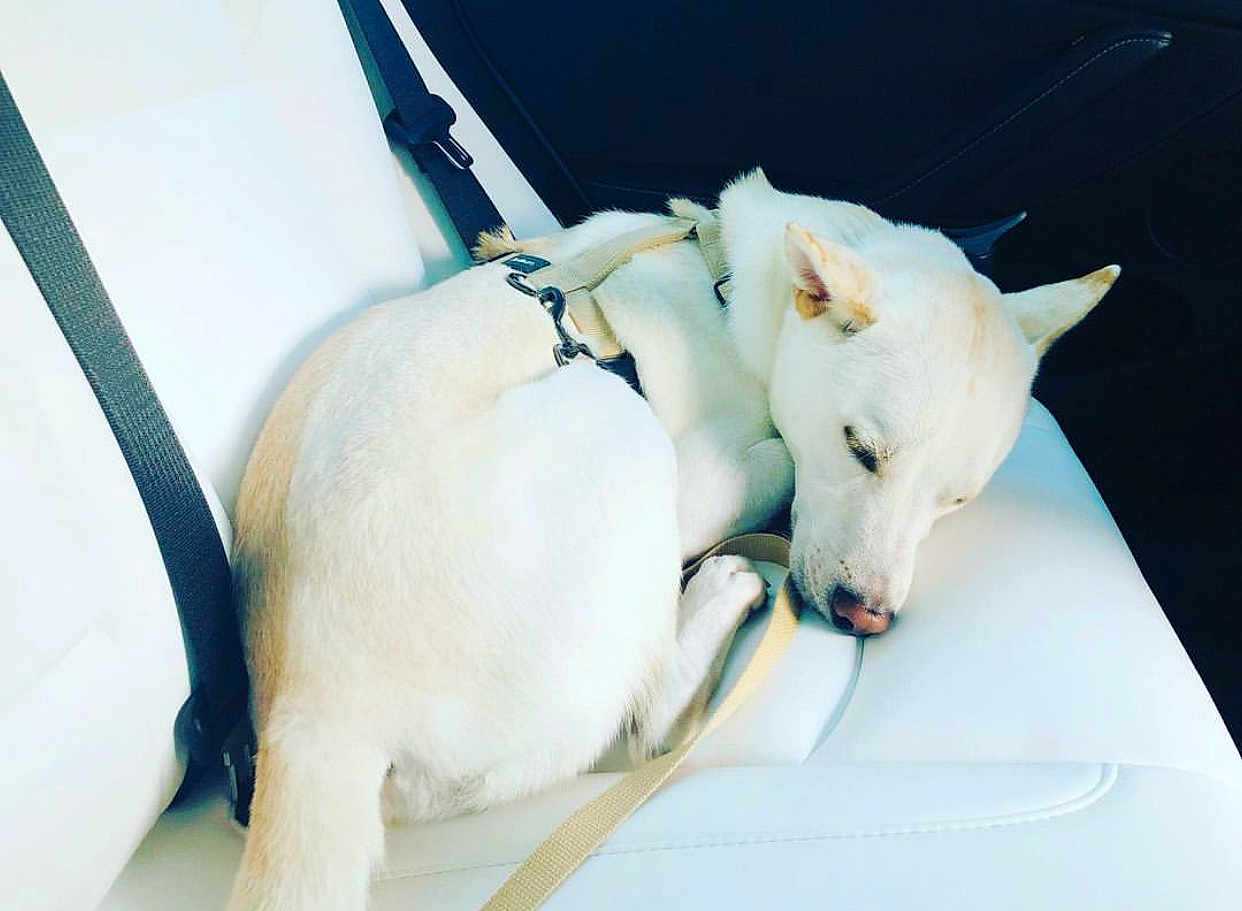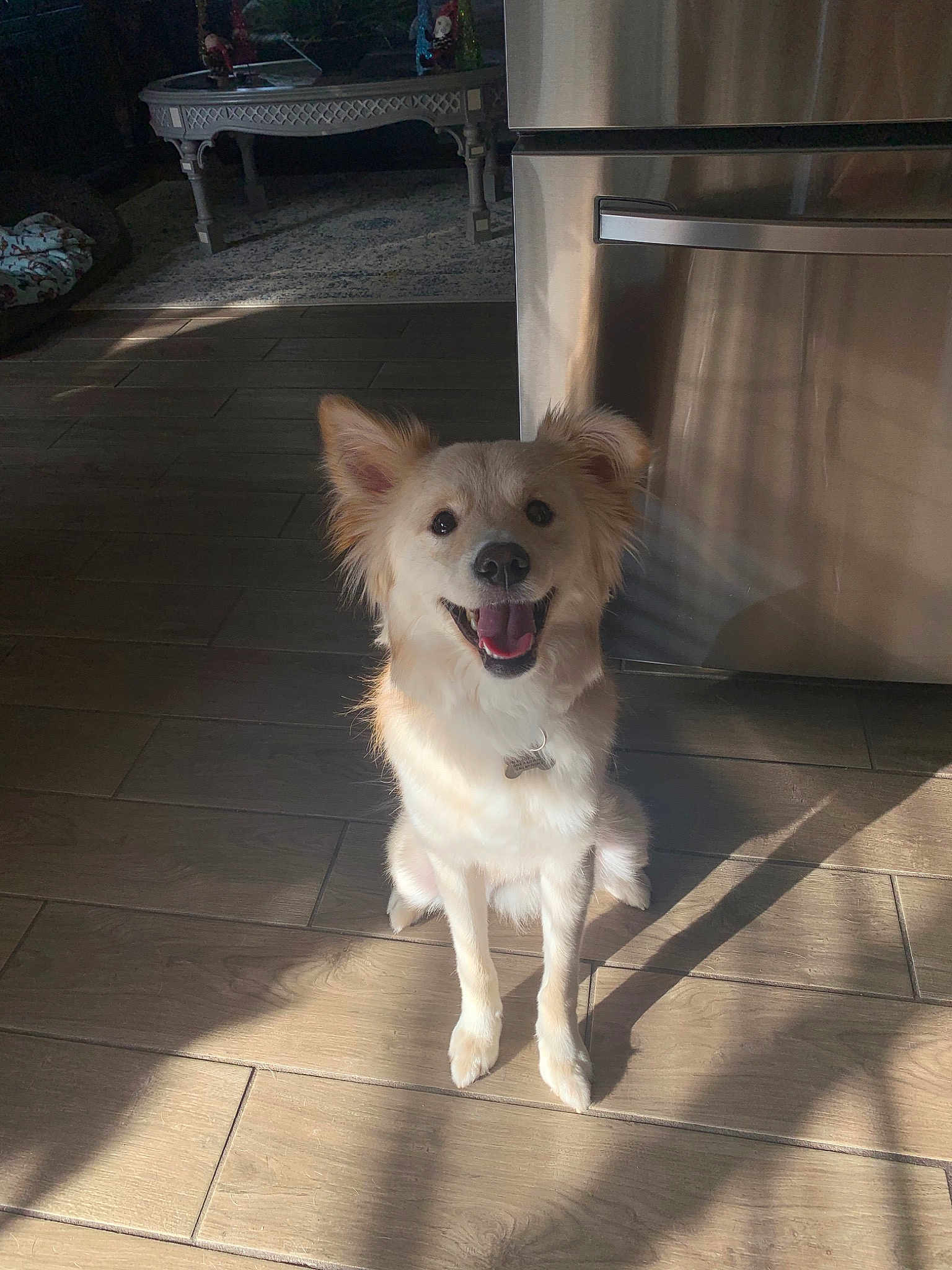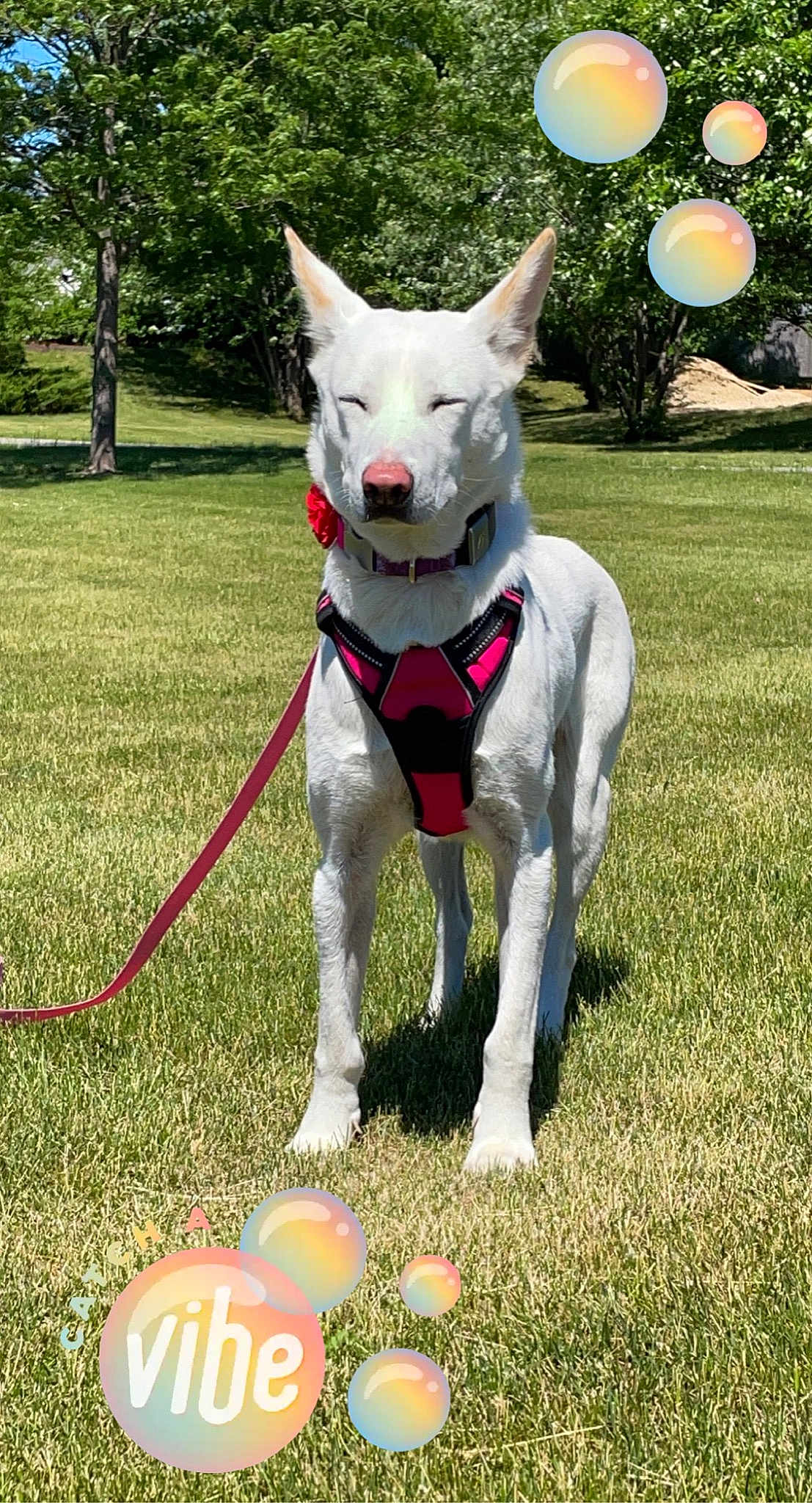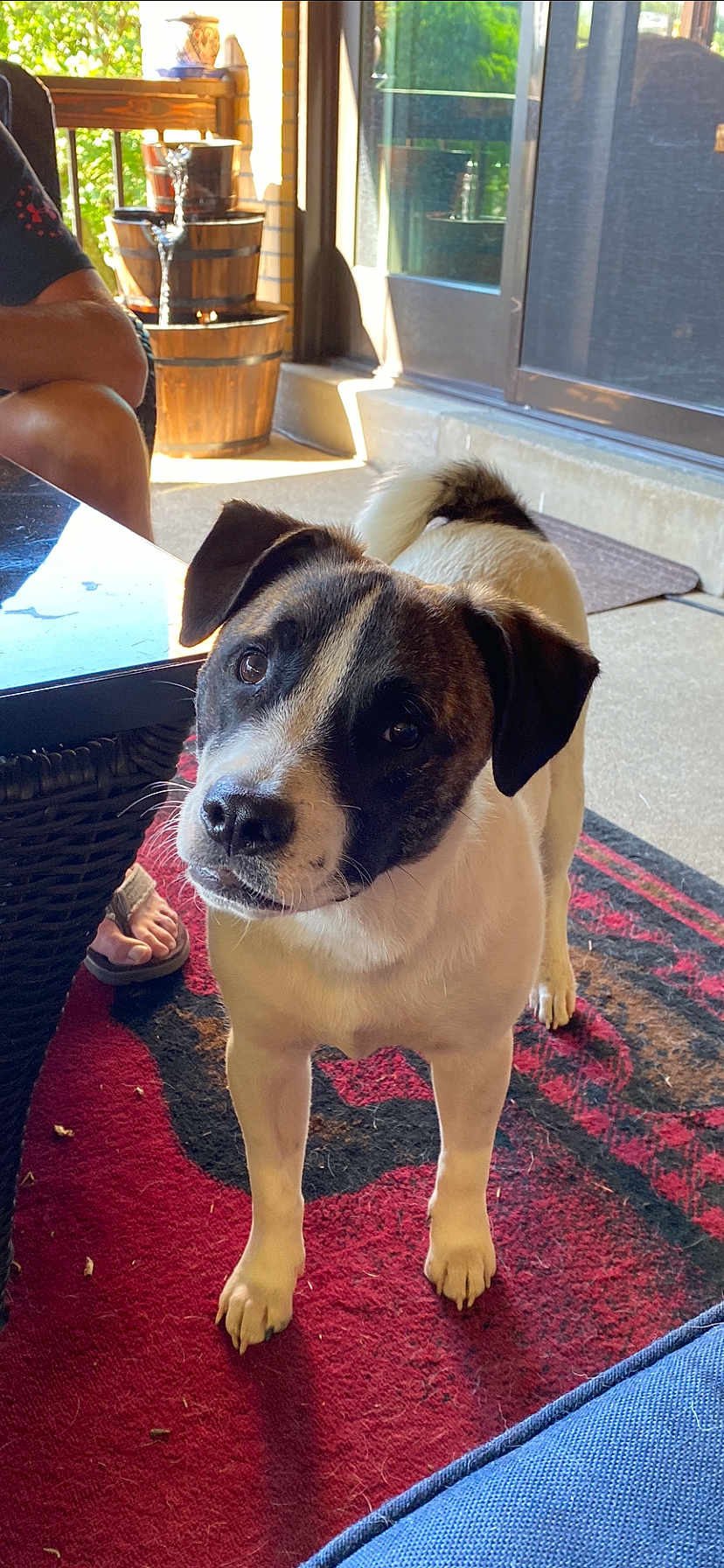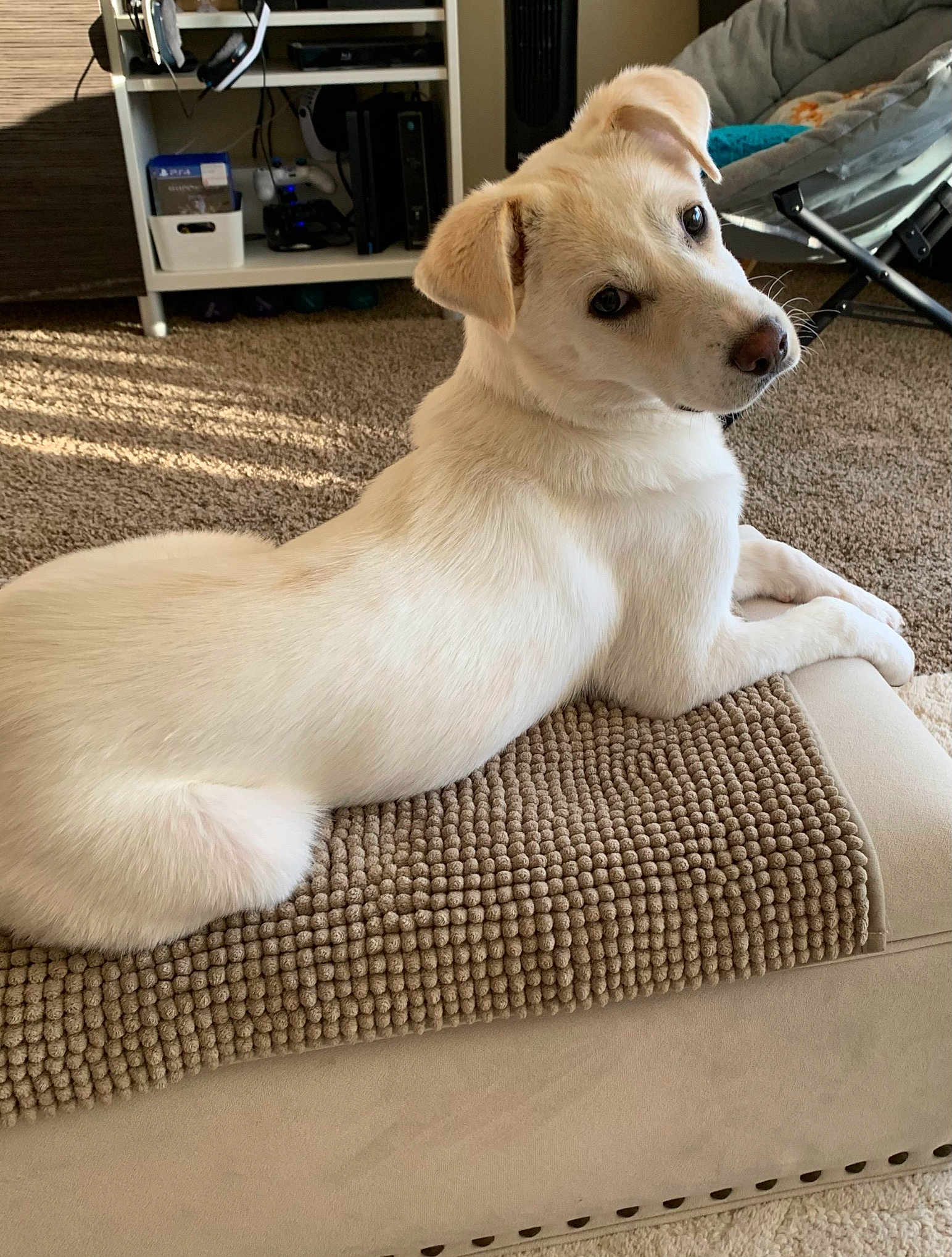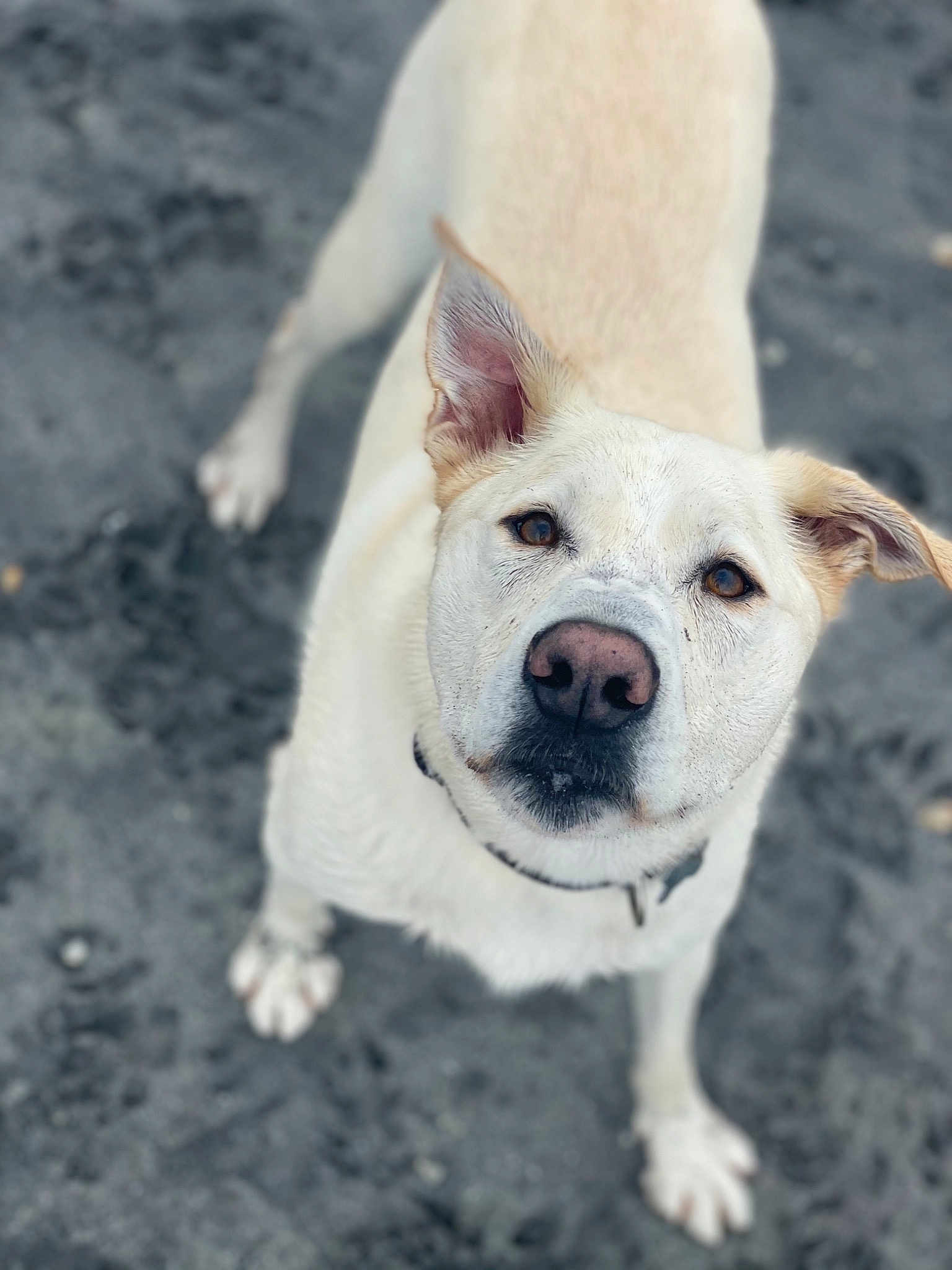Did you know that the Korean Jindo is reputed for its extraordinary loyalty, often to the extent of showing a preference for one specific person in the family? This ancient and noble breed has evolved over centuries, becoming ingrained in the cultural fabric of South Korea. Nearly every dog breed holds an intrinsic story, waiting to be explored, and the Korean Jindo certainly presents a mosaic of unique traits and historical significance.
Personality and Behavior of the Korean Jindo
The Korean Jindo is renowned for its unwavering loyalty and devotion. These dogs are famously known for their bond to a single family or even just one person, which can be traced back to their origins as hunting dogs in Korea. Their loyalty is so intense that there are numerous anecdotes of Jindos traveling great distances to reunite with their owners. This deep-rooted loyalty makes them exceptional companions and protectors.
Additionally, Jindos are highly intelligent and possess a strong, independent nature. While this intelligence makes them quick learners, it also means they can be quite stubborn, particularly with an inexperienced owner. Their independent streak is indicative of their history as hunters, where they had to make quick decisions on their own.
Jindos are typically reserved around strangers but can be very affectionate with their family. This reserved nature doesn't make them aggressive, but rather poised and observant. Early socialization is crucial to ensure they are well-adjusted and comfortable in diverse environments and situations.
These dogs also have a strong prey drive, again tied to their history as hunters. They are known to chase small animals and exhibit excellent problem-solving abilities. This trait makes them wonderful for activities like agility training, where they can channel their energy and intelligence productively.
Korean Jindos are not just pets; they are loyal guardians and intelligent hunters, embodying a profound sense of duty and affection unique to their breed.
Meanings, History and Origins of the name Korean Jindo
The Korean Jindo takes its name from Jindo Island in South Korea, where the breed is believed to have originated. Recognized as a national treasure in South Korea, the Jindo has been declared as the 53rd national monument, reflecting its cultural and historical significance.
Historically, Jindos were used by Korean hunters to track and bring down game, ranging from small game like rabbits to larger prey such as deer. Their keen sense of direction and ability to find their way home over long distances are legendary traits that have been preserved through careful breeding.
The breed's name itself embodies its heritage. In Korean, the word "Jindo" signifies not only the geographical origin of the breed but also its distinct identity unique to that region. The official recognition of the Jindo by the Korean government underscores the importance of this dog not just as a pet, but as a symbol of cultural pride.
It is said that the first Jindos to arrive on the mainland made quite an impression, showcasing their exceptional abilities and forming the basis for the breed's preservation and continued appreciation both locally and internationally.
Popularity of the Korean Jindo
The Korean Jindo enjoys a revered status in South Korea but has also garnered international admiration. Known for their loyalty and intelligence, they appeal to dog enthusiasts who appreciate a faithful companion with a rich historical background.
In English-speaking countries like the United States and Canada, the Jindo's popularity has been steadily rising. Many rescue organizations and breed clubs have emerged to promote the adoption and understanding of this unique breed. While they are not as common as some other breeds, their distinct traits have forged a niche following among dedicated owners.
In other parts of the world, particularly in Europe and Asia, the Jindo's reputation continues to grow. Dog shows and international pet expos frequently showcase this breed, highlighting their skills and characteristics to a broader audience. South Korea's efforts to maintain the breed's purity through regulated breeding programs have also helped increase awareness and popularity.
The international appeal of the Jindo hinges on its exotic origins and the fascinating blend of loyalty, intelligence, and beauty that it represents. Potential owners are often captivated by the stories of Jindo dogs’ remarkable feats of loyalty, driving a sustained interest and appreciation globally.
Health and Care of the Korean Jindo
Jindos are generally a healthy breed, owing to their natural and robust lineage. However, they can suffer from certain health issues common among many dog breeds. Hip dysplasia and hypothyroidism are some of the concerns that potential Jindo owners should be aware of.
Regular health check-ups and a balanced diet are crucial in maintaining the overall health of a Jindo. Given their active nature, Jindos require a diet rich in protein to support their muscular build and energy levels. High-quality dog food, comprising of essential nutrients, will help in keeping them thriving.
Grooming a Jindo is relatively straightforward. Their double coat sheds seasonally, requiring more frequent brushing during these periods. Regular brushing will help control shedding and keep their coat healthy. Bathing should be done as needed, typically every few months, to avoid stripping the natural oils from their fur.
Owners should also ensure that Jindos get ample exercise. Their historical role as hunters means they have high energy levels and need regular physical activity to stay healthy and content. Daily walks, playtime, and mental stimulation through training and games are essential for their well-being.
Training and Education of the Korean Jindo
Training a Jindo can be a rewarding yet challenging endeavor due to their intelligent but independent nature. Early socialization and consistent, positive reinforcement methods are key to successful training.
Jindos respond well to positive reinforcement techniques such as treats, praise, and play. However, their strong-willed nature means that they may sometimes test boundaries. Patience and consistency are crucial. Training sessions should be varied and engaging to keep their interest.
One challenge with Jindos is their tendency to be aloof or reserved with strangers. Socialization from a young age can help mitigate this. Introducing them to various people, environments, and experiences will promote a well-rounded and confident dog.
Due to their hunting instincts, Jindos excel in agility training and problem-solving activities. These activities not only provide physical exercise but also mental stimulation, which is vital for this intelligent breed. Tasks that challenge their mind and body can help mitigate any destructive behaviors resulting from boredom.
Proper training also involves setting clear boundaries. Jindos need to understand their role in the family pack, and a confident, assertive owner (without being harsh) can instill this understanding effectively.
Choosing the right dog is an intricate process, influenced by various factors such as lifestyle, living environment, and personal preferences. For individuals or families seeking a loyal and intelligent companion with a rich cultural heritage, the Korean Jindo stands out as an excellent option.
** Breeds hold lasting significance, offering not just companionship but a connection to history and culture. Selecting the ideal dog involves understanding and appreciating these nuances. At Pageant Dog, we are proud to feature many Korean Jindos in our contests, showcasing their beauty and remarkable qualities. The Korean Jindo, with its unwavering loyalty, intelligence, and rich heritage, promises to be a rewarding choice for any dog lover. **



